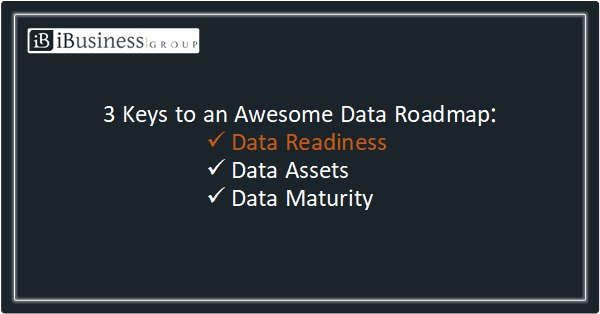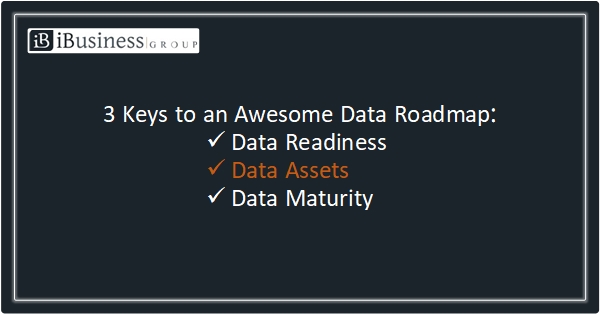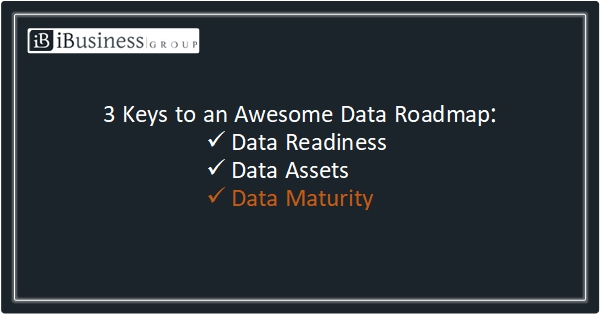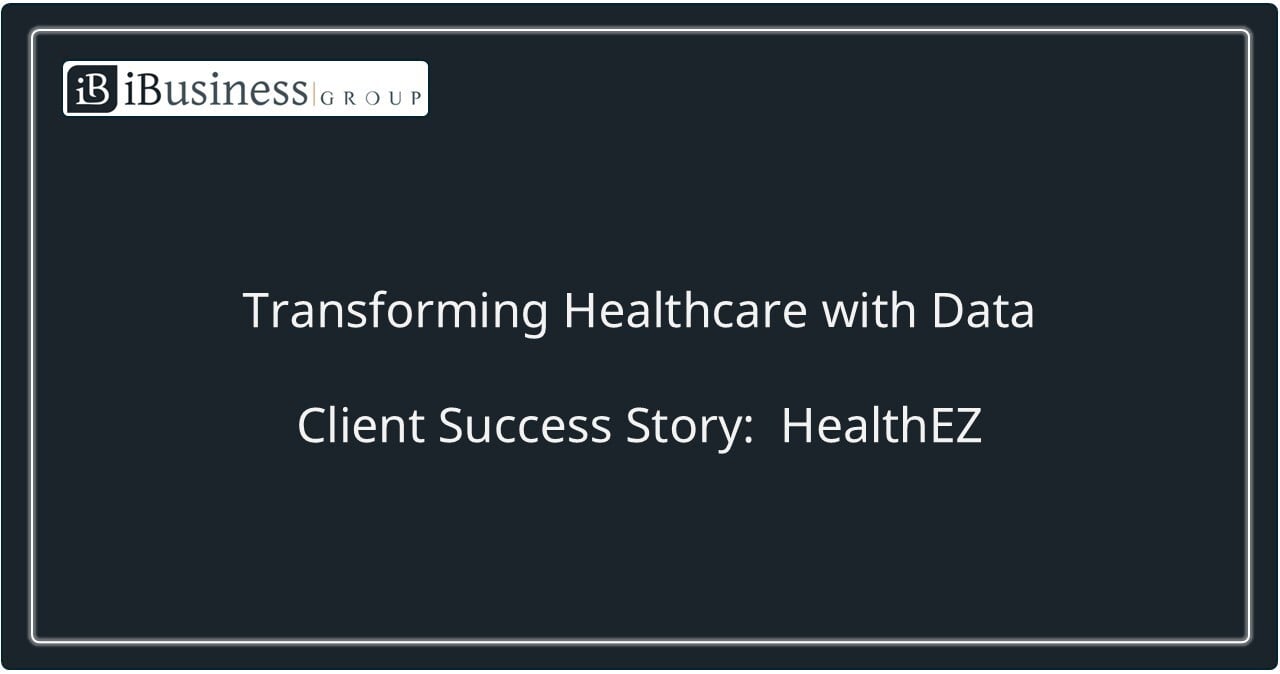This first in a series of articles on the three key components of an effective data roadmap will explore how data readiness can set your organization up for success and avoid many of the pitfalls companies experience with data.
Over the years, I have encountered many companies who want the benefits of what data can offer. They hear success stories from other companies, they hear the promises of data from consulting and software companies, and their IT departments lead them to believe they too can achieve success. In fairness, some do see success quickly, but far more reach a marginal level of success at best, or even a highly-visible and painful failure. Many of these failures happen before the data work even begins because of a lack of data readiness.
First, let's be clear on what we mean -- and don't mean -- by data readiness. Data readiness does not mean we have every skill set for every technology to master every piece of data for every business use case before we start our first project. That would, and often does, paralyze an organization. The objective of data readiness is to improve business and project outcomes by de-risking the project, increasing the likelihood of success, and minimizing the time-to-value. This means we will do three things before a project begins:
- Leverage readiness (existing people, existing technology, existing data products) where it exists
- Create a line of sight to readiness (new people, new technology, new data products) where there is value in introducing new capabilities
- Understand the implications of not pursuing data readiness within the scope of the project. The implication to understand is that we will likely create new data debt intentionally that will have to be undone in the future. However, in this case, the business value and urgency of the project outweighs the investment of time and money to do data the right way, for now.
So, what does data readiness look like? We could write a book on the many facets of data readiness but let's focus on just two key aspects of data readiness for today.
The first key to data readiness is business alignment. Business alignment ensures we are working on the right business priorities and doing the right things with data. For the sake of this article I will simplify this down to a single idea of starting every data and IT project with a focus on our "CEOS" -- our Customers, Employees, Owners (as in data owners), and Sponsors -- and their data needs within the context of customer journeys, business strategy, and strategic initiatives. If you capture data needs for these perspectives and prioritize the data work in alignment with these perspectives, you will be well on your way to data readiness.
The second key to data readiness is execution alignment, assessing data readiness across the four execution disciplines -- Leadership, Business, Data, and Technology. Execution alignment ensures we are ready to execute and able to deliver when the business is ready. Effective execution requires:
- Engaging the right business leaders and data owners in intake, prioritization, and governance
- Understanding the customers, stakeholders, business capabilities, and business processes impacted by the proposed data work
- Thinking about and approaching the data itself with the correct paradigms of data-centric and product-centric mindsets, and
- Having the right technology, architecture, and skill sets to deliver.
To overcome this challenge, we need senior leadership teams to ask one question before approving any project: "Are we data ready?" If the answer is no, or more telling, if the project team responds with "what is data readiness" or "we don't know," then the project should not be approved until the data team is engaged and can help answer that one critical question.
Data readiness is a critical factor in data success and as data becomes more critical to business initiatives, data readiness is a critical factor in business success. Assessing the business alignment and execution alignment and ensuring you have data readiness or a line of sight to data readiness, will set up your data roadmap, your data team, and your data initiatives for success.
Question: How have you seen projects fail to deliver because data readiness was missing? Please leave a comment.





